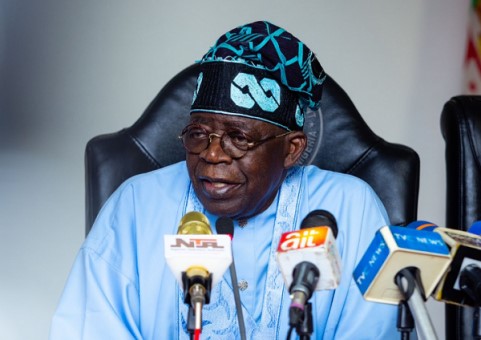President Bola Ahmed Tinubu has expressed deep sorrow over the recent violent attacks in Plateau State, which claimed the lives of over 40 individuals.
The attacks, reportedly carried out by unidentified assailants, targeted multiple villages in the state, leaving a trail of destruction and despair. The President condemned the violence in strong terms, describing it as a tragic loss of innocent lives and a setback to peace in the region.In a statement, President Tinubu extended his condolences to Governor Caleb Mutfwang, the government, and the people of Plateau State.
He urged Governor Mutfwang to summon the political will necessary to address the root causes of the crisis and establish lasting peace. The President emphasized that resolving these issues requires tackling long-standing ethnic and religious tensions that have fueled decades of conflict in the state.”
The ongoing violence between communities in Plateau State, rooted in misunderstandings between different ethnic and religious groups, must cease,” President Tinubu said. He called on community leaders, spiritual leaders, and political stakeholders to unite in fostering harmony and ending the cycle of retaliatory attacks that have devastated affected communities.The President also instructed security agencies to investigate the crisis thoroughly and bring those responsible for orchestrating the attacks to justice. “We cannot allow this devastation and tit-for-tat attacks to continue. Enough is enough,” he declared.
He further stressed that beyond addressing criminal elements, political leadership must tackle underlying issues such as land disputes and communal mistrust that have persisted for over two decades.President Tinubu reaffirmed the Federal Government’s commitment to supporting Plateau State through dialogue initiatives, fostering social cohesion, and ensuring accountability for perpetrators.
He noted that these measures are crucial steps toward permanently resolving the conflict and restoring stability to the region.The recent violence is part of a recurring pattern of intercommunal clashes in Plateau State, often linked to disputes between Muslim Fulani herders and predominantly Christian farming communities.
These conflicts have been exacerbated by competition over land resources, climate change effects, and weak governance structures. The tragedy highlights the urgent need for comprehensive efforts to address both immediate security concerns and the deeper socio-economic drivers of conflict in Nigeria’s north-central region.
